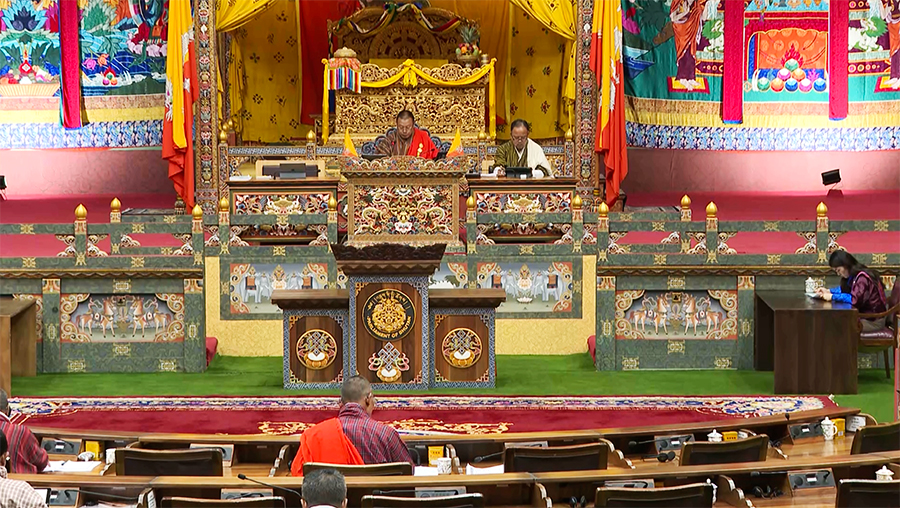 After more than five years under development, the Bhutan Integrated Taxation System (BITS) is still not ready. This has caused a delay in rolling out the Goods and Services Tax (GST). The Public Accounts Committee found that no one has been held accountable, despite significant public losses. Today, in the Joint Sitting of the Parliament, the Speaker has directed the Royal Audit Authority to carry out a special audit of BITS.
After more than five years under development, the Bhutan Integrated Taxation System (BITS) is still not ready. This has caused a delay in rolling out the Goods and Services Tax (GST). The Public Accounts Committee found that no one has been held accountable, despite significant public losses. Today, in the Joint Sitting of the Parliament, the Speaker has directed the Royal Audit Authority to carry out a special audit of BITS.
BITS 2 is now under development by a New Zealand-based technology firm, with a budget of over USD 12.16 M.
The Ministry of Finance plans to implement GST from January next year as the system is ready.
Thimphu Tech Park Limited was awarded the project in June 2020. However, the government terminated the contract in April 2022 after the company failed to deliver the system, despite several deadline extensions.
As a result, although the GST Bill was tabled in Parliament in 2020, its implementation was deferred in 2022, until the system was ready.
The Annual Audit Report 2022–2023 reveals that the Department of Revenue and Customs incurred over Nu 119 M in developing BITS 1. The Royal Audit Authority recommended the need for stronger monitoring and evaluation systems for projects like BITS.
The report found that several project goals were not met, despite large investments, raising concerns about how public funds are tracked.
The Joint Sitting of the Parliament, today, deliberated on the status of the resolution passed by the Public Accounts Committee on the Annual Audit Report 2010 to 2023. The committee said that although a partial implementation of a robust monitoring and evaluation system has been implemented, the accountability for the failure of the BITs has not been fixed.
Several MPs raised concerns over the lack of action and called for accountability.
“My confusion is whether the Nu 119 M has been wasted with no outcome, or if the amount spent will be incorporated and put to use in the implementation of the Goods and Services Tax. The committee mentioned that they could not take accountability measures. Is it because the BITS system, which cost Nu 119 M, will still be used? Please clarify,” said Lhendup Wangdi, Bji-Kartshog-Uesu MP, Haa, NA.
“This money was spent within the country. Some people received and disbursed them, with clear agreements and deadlines. Yet there’s been no result. Who is responsible?” said Rinchen Wangdi, Bartsham Shongphu MP, Trashigang, NA.
The Public Accounts Committee’s member, Phuntsho Rapten said, “If certain elements of the previous BITS can be used in the current system, then it’s worth discussing. But if the entire Nu 119 M has been wasted, the RAA has already identified who is accountable.”
 The Speaker Lungten Dorji asked the RAA to carry out a special audit to determine how much of BITS 1 will be used in the new system.
The Speaker Lungten Dorji asked the RAA to carry out a special audit to determine how much of BITS 1 will be used in the new system.
“It appears that components of the previous BIT system can be used in the current BITS. But if we are to discuss this further, a proper study is needed. As the Bartsham-Shongphu member suggested, a special audit should be conducted to determine how much of the money spent on the previous system will be integrated into the current one, and how much has been wasted.”
The Royal Audit Authority is required to report back in the summer session of next year.
Samten Dolkar & Devika Pradhan
Edited by Sangay Chezom









